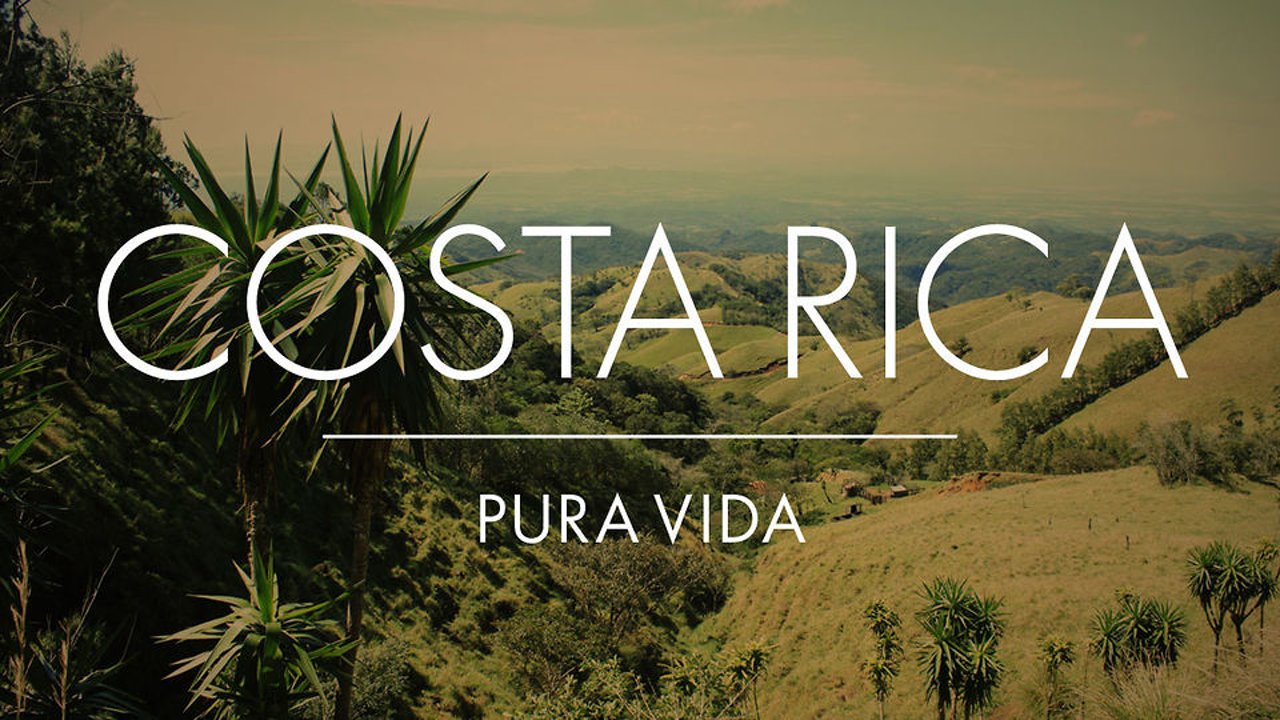

Suave un toque: To wait, to slow down or wait for something. Estar Ahuevado: To be sad or when plans don’t go the way expected.ĮN: It’s almost about to rain, que ahuevado ! 14. Cara de Barro: ShamelessĮN: Look at that man. Que tigra!: LazyĮN: I feel too lazy to go out of the house! 12. Al chile!: An exclamation, “Really?”ĮN: Really, did that happen to you? Advanced Costa Rican slang 11. Yodo: Literally means iodine but for us, it is synonymous with coffee.ĮN: Let’s go drink coffee at Starbucks! 10.

Moncha: Food, that’s it!ĮN: What time is food tomorrow? 8. It’s to be embarrassed.ĮN: I was running and fell over, how embarrassing! 6.Polo: Means cheesy, awkward.ĮN: Look that guy, he is really cheesy. Bañazo: It’s not related to wash or to shower. SP: Que tuanis ese mae! Me cayo demasiado bien. It comes from the English “too nice” (as in, “really nice”) Over the years we adapted it to Spanish and gave it a meaning. SP: Ese mae es bien tapis ! Siempre borracho!ĮN: That guy is a heavy drinker! Always drunk! 4. Tuanis: Cool. Tapis: Someone that likes to drink a lot, a heavy drinker SP: Ayer me fui de fiesta y hoy estoy de goma.ĮN: I went to party yesterday and today I have a hangover 3. Mae = “dude” (the second most popular word here after Pura Vida).ĮN: How are you, mop? Pura Vida, Mop. No one came up with the same list, but here are the ones that everyone had in common. Some are just not my style, but I tried to ask several people their favorite ones. In Costa Rica, the term “pachuco” refers to someone who has common habits and who is often very rude… Some consider pachuco and its pachuquísmos to be Costa Rica’s second language.” It nevertheless differs from Mexican slang. “The term “pachuco” is used in Costa Rica to define Costa Rican slang. Pachuco: Wikipedia defines this word this way:

Our second language: The funny “Pachuco Costa Ricans slang”
#Tico meaning in spanish movie#
Everyone says this to tourists, but two interesting facts behind the phrase are:ġ) More than a phrase, this is a lifestyle (I know it sounds cliche, but I will explain it more in another blog.)Ģ) The phrase came to Costa Rica after a Mexican movie of a comedian called Clavillazo, who repeated the phrase a hundred times and gave way to the words that now identify us. It’s our country’s slogan, and probably one of the most overused phrases.



 0 kommentar(er)
0 kommentar(er)
